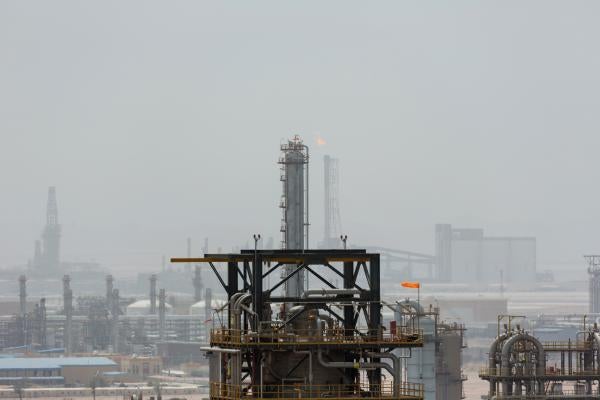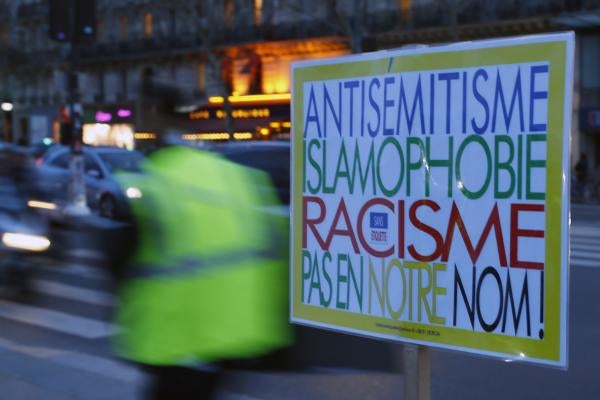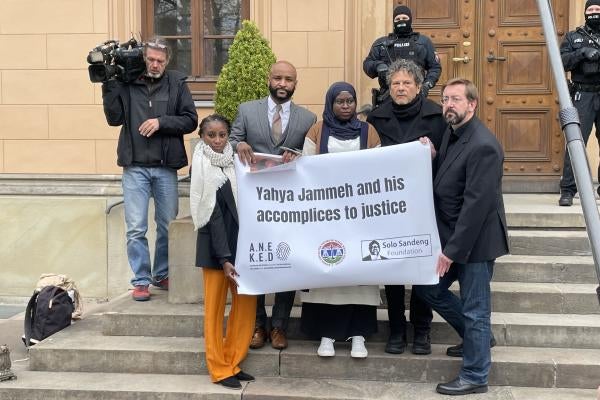Lire la version en français
Long-awaited and long-windedly named, the 28th Conference of State Parties of the United Nations Framework Convention on Climate Change begins today in Dubai.
Better known as COP28, the conference has attracted much international media attention in recent months given the curiosity – and hypocrisy – of it being hosted in the United Arab Emirates (UAE). The country is one of the world’s largest oil producers and among the highest per capita emitters of greenhouse gases, the key driver of the climate crisis.
What’s perhaps most needed from the 13-day gathering is an official recognition of the necessity of phasing out all fossil fuels. In terms used by people who spend a lot of time negotiating at international conferences like this, there should be an “explicit reference” to this core point in COP28’s “outcome document.”
Given its many devastating human impacts, the climate crisis is a human rights issue. Humanity has to address climate change not to save the planet but to save people.
The prospect of a climate conference hosted by the UAE delivering that most needed outcome is, let’s say, not encouraging, particularly given recent news.
Earlier this year, we saw the UAE’s announcement it was expanding all aspects of its fossil fuel operations. And just days ago, there were fresh revelations the UAE planned to use its role as the host of UN climate talks as an opportunity to strike new oil and gas deals with other countries.
It also certainly doesn’t help that those pushing for climate action are hindered by long-running policies in the UAE severely restricting freedom of speech, freedom of assembly, and freedom of association. In such a repressive country, will civil society activists, human rights defenders, and journalists at COP28 be able to participate meaningfully and push for action?
Will they be able to call for the necessary phase out of fossil fuels?
As my colleague and HRW’s environment director, Richard Pearshouse, says: “Many climate activists traveling to COP28 are seriously concerned about their own safety in a host country that has jailed people based on their social media posts and makes protest effectively illegal.”
It seems like, just when people most need to speak out loudly for their own survival and wellbeing, a strict censor with a vested interest is controlling the conversation.
We’ll see what the next two weeks brings in Dubai, but looking ahead, the UN really needs to change how these conferences are planned. They should develop criteria for future COP hosts to ensure civil society can speak out without fear of reprisals.
Until fundamental freedoms are recognized and supported in host countries, it’s hard to see how these vital international conferences can have the open conversation required to bring about the changes humanity needs.










